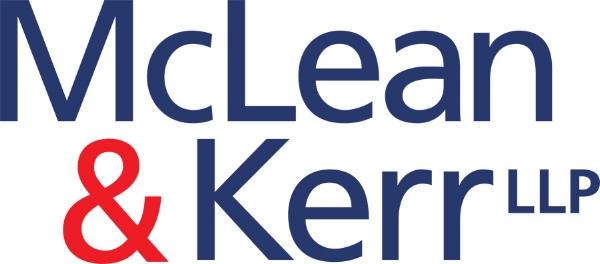In a lease, a RENEWAL clause grants the tenant a right to renew the lease for a further period, whereas an EXTENSION clause grant the tenant a right to extend the term of the lease for a further period beyond the initial term.
While landlords may be willing to grant such rights, they are often the subject of disputes and tenants should proceed with caution when drafting and exercising their renewal or extension rights.
Here are a few key rules to remember:
Certainty Rule: To be enforceable, a renewal/extension clause must provide certainty on the essential terms. Renewal/Extension clauses that are merely “agreements to agree” in the future are void for uncertainty; and
Conditions Precedent Rule: All conditions precedent must be properly satisfied.
A recent 2016 Ontario Court of Appeal decision provided some insightful comments on both rules. The tenant purported to exercise its renewal option but the landlord disputed its right to do so on the following bases: (i) the renewal option was void for uncertainty; and (ii) the renewal option could not be exercised as the tenant was in default of a precondition.
What is the impact of the Certainty Rule where the renewal/extension clause stipulates that rent is to be determined at a later date? There is ample case law which illustrates that such clauses will be enforceable so long as two tests are met:
1. there is a formula or other guideline for the calculation of rent (e.g., CPI increase, “fair market value” or “market rent”); and
2. there is a mechanism for determining rent if the parties are unable to reach an agreement (e.g., mediation or arbitration).
It should come as no surprise that where neither test is met (e.g., rent is simply “to be agreed”), the renewal/extension clause is merely an “agreement to agree” which is unenforceable. What if the first test (formula) is met, but not the second test (mechanism)? These were precisely the circumstances in the aforementioned 2016 case. The Court held that the term “current rent” was capable of judicial determination by calling on expert evidence, and even in the absence of an arbitration mechanism, the renewal clause was not void for uncertainty.
With respect to the Conditions Precedent Rule, renewal/extension clauses will often stipulate various conditions precedents that must be satisfied before the tenant’s right or option to renew/extend becomes available. Common examples of conditions precedent include advance notice to the landlord, tenant being in physical occupancy of the premises and no defaults under the lease.
In the 2016 case, the renewal clause read “Provided the Tenant has paid the rent and all other sums payable under the Lease when due…” There was no dispute that the tenant had paid its base rent throughout the term as required; however, the tenant disputed the landlord’s calculations of additional rent and refused to pay until the issue was resolved. While this may seem like a reasonable course of action, the Court of Appeal strictly enforced the Conditions Precedent Rule. They found that even when the amount payable is disputed, there is no dispute that the tenant is required to pay something. To satisfy the conditions precedent, the tenant ought to have paid all rent when due and then made adjustments after the issue was separately dealt with. In this case, the tenant’s refusal to pay the disputed amounts (even while maintaining that he was “preserving” his rights) resulted in the tenant losing its option to renew.
Moral of the Story: i) renewal/extension clauses should be carefully drafted to avoid being void for uncertainty, especially where rent or other terms are to be determined at a future date; ii) even if there are matters in dispute between the parties, ensure all conditions precedents are met before you exercise a renewal/extension option; and iii) when in doubt, seek legal advice.


